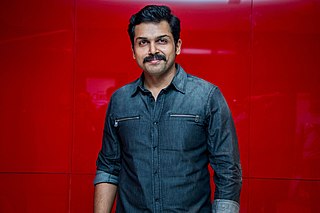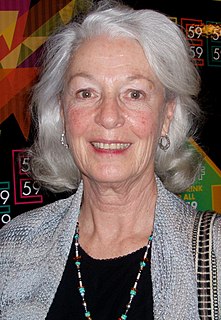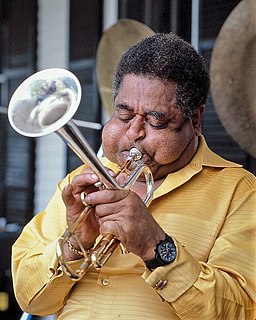A Quote by bell hooks
We must continually remind students in the classroom that expression of different opinions and dissenting ideas affirms the intellectual process. We should forcefully explain that our role is not to teach them to think as we do but rather to teach them, by example, the importance of taking a stance that is rooted in rigorous engagement with the full range of ideas about a topic.
Related Quotes
There are students whose religious upbringing is going to make them feel uncomfortable in a class where certain kinds of secular ideas are presented. There are students whose ideas about history or sexuality are going to be similarly challenged to question, to affirm or to change those ideas. That doesn't mean they shouldn't be exposed to them; that's why they're at school. That's why they come to university: to be taught how to think well and critically about material that they're being presented with. But it's the teacher who is certified to teach them how to do that.
There is this thing called the university, and everybody goes there now. And there are these things called teachers who make students read this book with good ideas or that book with good ideas until that's where we get our ideas. We don't think them; we read them in books. I like Utopian talk, speculation about what our planet should be, anger about what our planet is. I think writers are the most important members of society, not just potentially but actually. Good writers must have and stand by their own ideas.
There are more ideas on earth than intellectuals imagine. And these ideas are more active, stronger, more resistant, more passionate than "politicians" think. We have to be there at the birth of ideas, the bursting outward of their force: not in books expressing them, but in events manifesting this force, in struggles carried on around ideas, for or against them. Ideas do not rule the world. But it is because the world has ideas (and because it constantly produces them) that it is not passively ruled by those who are its leaders or those who would like to teach it, once and for all, what it must think.
Teachers can be a living example to their students. Not that teachers should look for students to idealize them. One who is worth idealizing does not care whether others idealize them or not. Everyone needs to see that you not only teach human values but you live them. It is unavoidable sometimes you will be idealized -- it is better for children to have a role model, or goal, because then the worshipful quality in them can dawn.
A famous bon mot asserts that opinions are like arse-holes, in that everyone has one. There is great wisdom in this... but I would add that opinions differ significantly from arse-holes, in that yours should be constantly and thoroughly examined.We must think critically, and not just about the ideas of others. Be hard on your beliefs. Take them out onto the verandah and beat them with a cricket bat.... Be intellectually rigorous. Identify your biases, your prejudices, your privilege.
Obviously, you want to teach your child between right and wrong, respect and being kind to others, whether it's their sisters or parents. You try to teach them by example, talk to them and explain certain situations. But there's also a time to put them in time out or let them know they've made a mistake and try to learn from it.
Indeed, the study of universities and the great men and women who have attended them leads me to think that the best of these schools are characterized not so much by what they teach and how they teach it but by the extent they provide opportunities and encouragement for students to teach themselves.
When we teach a child to sing or play the flute, we teach her how to listen. When we teach her to draw, we teach her to see. When we teach a child to dance, we teach him about his body and about space, and when he acts on a stage, he learns about character and motivation. When we teach a child design, we reveal the geometry of the world. When we teach children about the folk and traditional arts and the great masterpieces of the world, we teach them to celebrate their roots and find their own place in history.
As I continue to teach, I have more to offer my students, and as I continue to teach, I have more to learn from my students. I do know some writers who feel very drained when they leave the classroom, and for me this would be a sign that maybe it's time to take a break or refocus because I always leave the classroom even more excited than I was when I walked in.




































